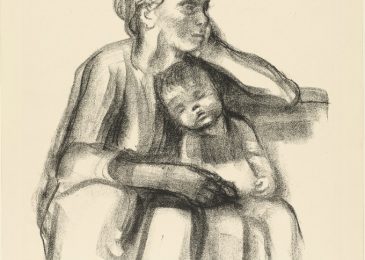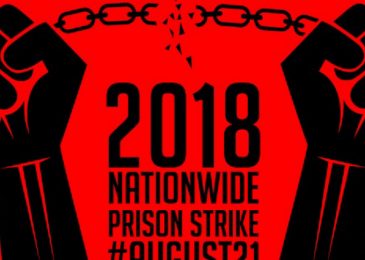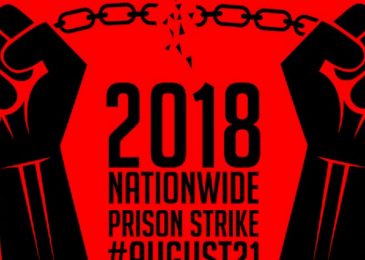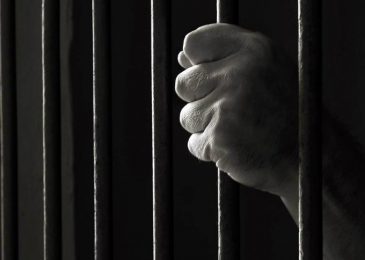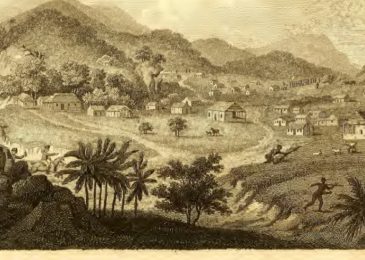The meanest cop in the community: the story of a young Mi’kmaw woman
This is the heart wrenching story of a young Mi’kmaw woman we’ll call Angela, about the police officer who harassed her, her struggle to recover from an arrest and curfew for the possession of one single hydromorphone pill, the loss of her young son, and much more.

